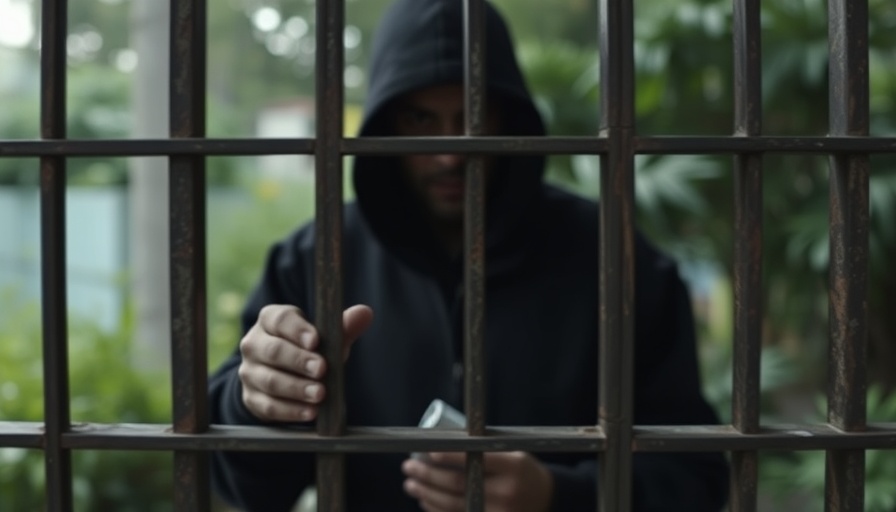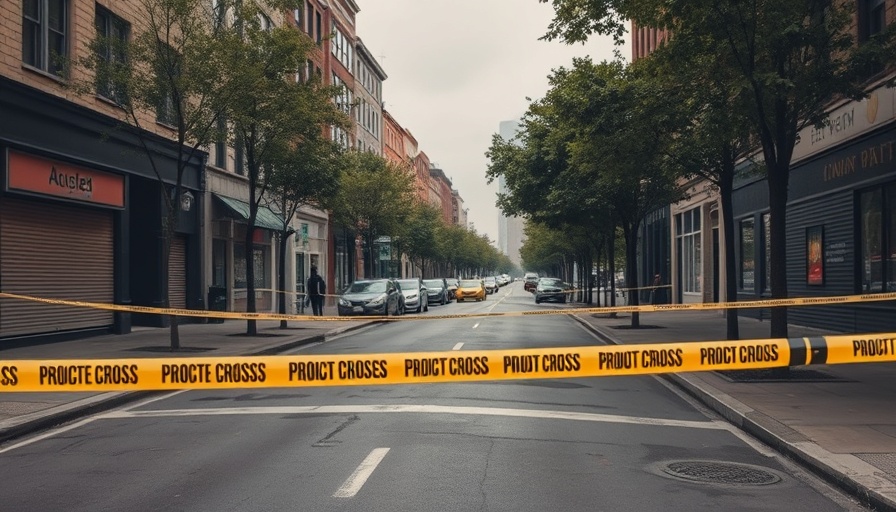
Tragic Incident Highlights Police-Community Relations in Los Angeles
In a shocking turn of events in Los Angeles, a man waving a gun was fatally shot by police, leading to renewed discussions about public safety and police-community relations. This incident, reminiscent of other violent confrontations involving law enforcement, underscores the tensions that can arise between officers and civilians. As advocates for healthy living and community wellness, it’s crucial to analyze the implications of such events on the broader societal fabric, especially in Southern California.
Understanding the Context: A Brief Look at Gun Violence in the U.S.
Gun violence remains a pressing issue across the United States, with incidents like the one in Los Angeles sparking debates over gun control, mental health resources, and law enforcement practices. According to recent data, gun-related deaths have surged over the past decade, indicating a growing crisis that affects countless families. When communities are gripped by fear of gun violence, it can take a toll on overall wellness, compelling us to consider how these factors impact our lifestyles and mental health.
The Emotional Impact of Violence on Communities
Understanding how gun violence resonates emotionally within communities is paramount. For many residents, witnessing or hearing about such tragic events can instigate feelings of anxiety and fear, influencing their daily routines and even their health choices. A holistic approach to health considers not just physical wellness but mental and emotional well-being, urging community leaders and residents alike to engage in conversations around mental health support systems and resource availability for those affected.
The Role of Police in Community Safety
The shooting incident raises important questions about the role of police in promoting safe environments. Community policing initiatives have emphasized the importance of building trust between law enforcement and civilians. For those advocating for a healthier community, the relationship dynamics between police officers and residents can significantly influence public safety and, consequently, community health outcomes. Finding solutions that foster trust and communication is essential in creating a society where individuals feel safe and valued.
Parallel Examples: Learning from Other Cities
Cities across the nation have introduced various innovative strategies to address similar issues of police-community tension and gun violence. For instance, cities like Seattle and Chicago have implemented programs aimed at decreasing police violence and enhancing community interactions through dialogue and collaboration. These initiatives could serve as models for Los Angeles, potentially leading to improved community relations, better mental health resources, and lower instances of gun-related violence.
Future Predictions: Addressing the Root Causes
Looking ahead, addressing the root causes of gun violence—such as poverty, mental health issues, and lack of resources—will be crucial for communities in Southern California. Investing in education, providing mental health resources, and engaging residents in community-building activities can pave the way for a safer environment. As advocates for healthy living, it is imperative that community health initiatives integrate violence prevention strategies to foster resilience and promote overall wellness.
Actionable Insights: How to Get Involved
To combat the impact of violent incidents, local residents can take actionable steps toward improving public safety and community health. Joining or supporting community-led organizations that advocate for mental health resources, participating in town hall meetings, and fostering open dialogues between police and residents can be invaluable. Additionally, individuals can commit to personal wellness practices—whether it be taking up fitness, eating healthy, or engaging in stress-relief activities—to contribute positively to their community.
 Add Row
Add Row  Add
Add 




Write A Comment